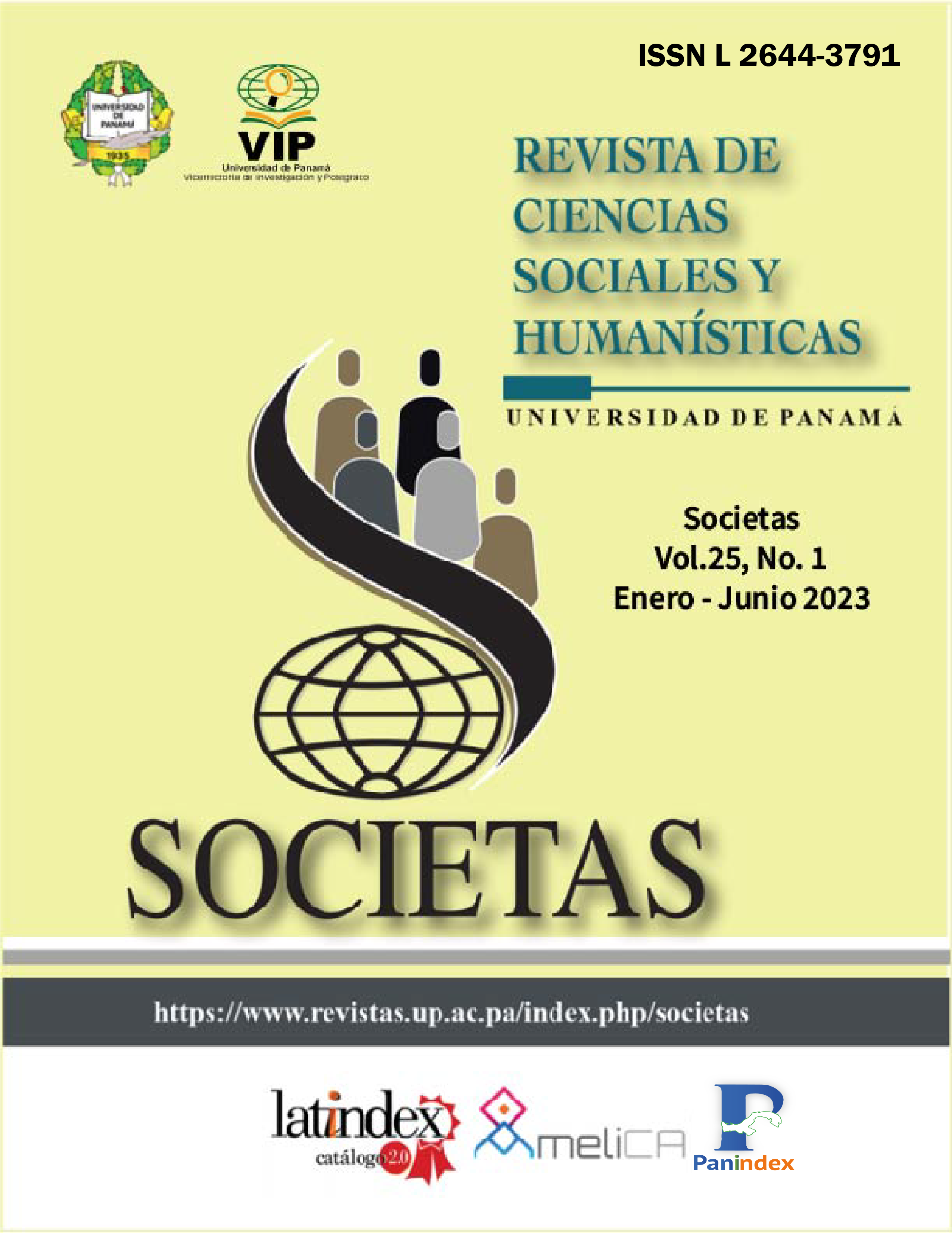


This work is licensed under a Creative Commons Attribution-NonCommercial-ShareAlike 4.0 International License.
Universities over the years have been intelligent organizations that generate and disseminate scientific and technological knowledge, the research function being the source of this knowledge and, in turn, the propitious mechanism for its constant updating. Therefore, the core purpose of this study was to analyze knowledge management as a key process for the development of investigative praxis in intelligent organizations. The research was analytical and descriptive, with a non-experimental, cross-sectional field design. The population was made up of eight hundred teachers; likewise, the structured sample of 89 teachers was calculated, subsequently a stratified sampling by institution was applied: 48 teachers from the Popular University of Cesar (Valledupar campus and 41 from the Aguachica campus, respectively. The information was collected through the survey technique by through a questionnaire validated by 10 experts, whose Cronbach's Alpha coefficient was equivalent to 0.96.The results obtained revealed that knowledge management as a key element for the development of investigative praxis in university institutions conceived as intelligent organizations, is underdeveloped, requiring apply technological tools to turn them into open and connected institutions, characterized by their autonomy and trust, where the group learns to investigate together.